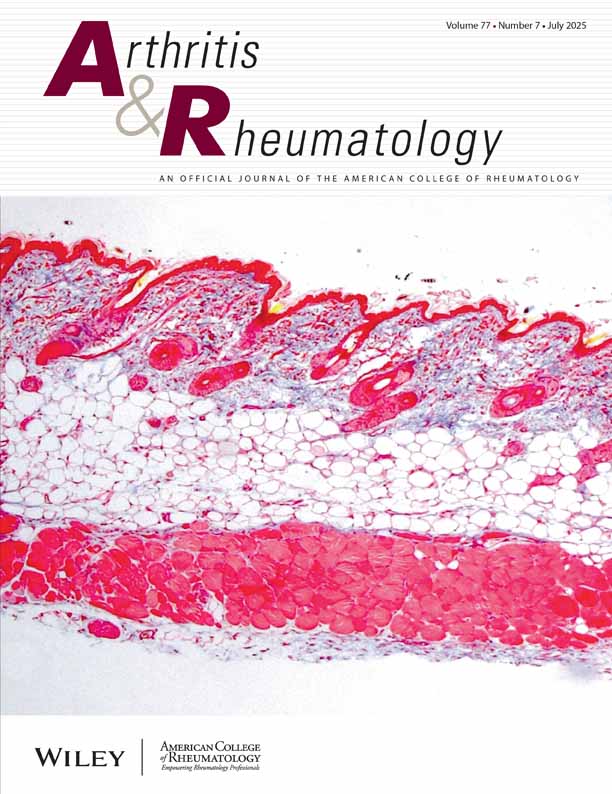Early response to immunosuppressive therapy predicts good renal outcome in lupus nephritis: Lessons from long-term followup of patients in the Euro-Lupus Nephritis Trial
Abstract
Objective
In the Euro-Lupus Nephritis Trial (ELNT), 90 patients with lupus nephritis were randomly assigned to a high-dose intravenous cyclophosphamide (IV CYC) regimen (6 monthly pulses and 2 quarterly pulses with escalating doses) or a low-dose IV CYC regimen (6 pulses of 500 mg given at intervals of 2 weeks), each of which was followed by azathioprine (AZA). After a median followup of 41 months, a difference in efficacy between the 2 regimens was not observed. The present analysis was undertaken to extend the followup and to identify prognostic factors.
Methods
Renal function was prospectively assessed quarterly in all 90 patients except 5 who were lost to followup. Survival curves were derived using the Kaplan-Meier method.
Results
After a median followup of 73 months, there was no significant difference in the cumulative probability of end-stage renal disease or doubling of the serum creatinine level in patients who received the low-dose IV CYC regimen versus those who received the high-dose regimen. At long-term followup, 18 patients (8 receiving low-dose and 10 receiving high-dose treatment) had developed permanent renal impairment and were classified as having poor long-term renal outcome. We demonstrated by multivariate analysis that early response to therapy at 6 months (defined as a decrease in serum creatinine level and proteinuria <1 gm/24 hours) was the best predictor of good long-term renal outcome.
Conclusion
Long-term followup of patients from the ELNT confirms that, in lupus nephritis, a remission-inducing regimen of low-dose IV CYC followed by AZA achieves clinical results comparable with those obtained with a high-dose regimen. Early response to therapy is predictive of good long-term renal outcome.




